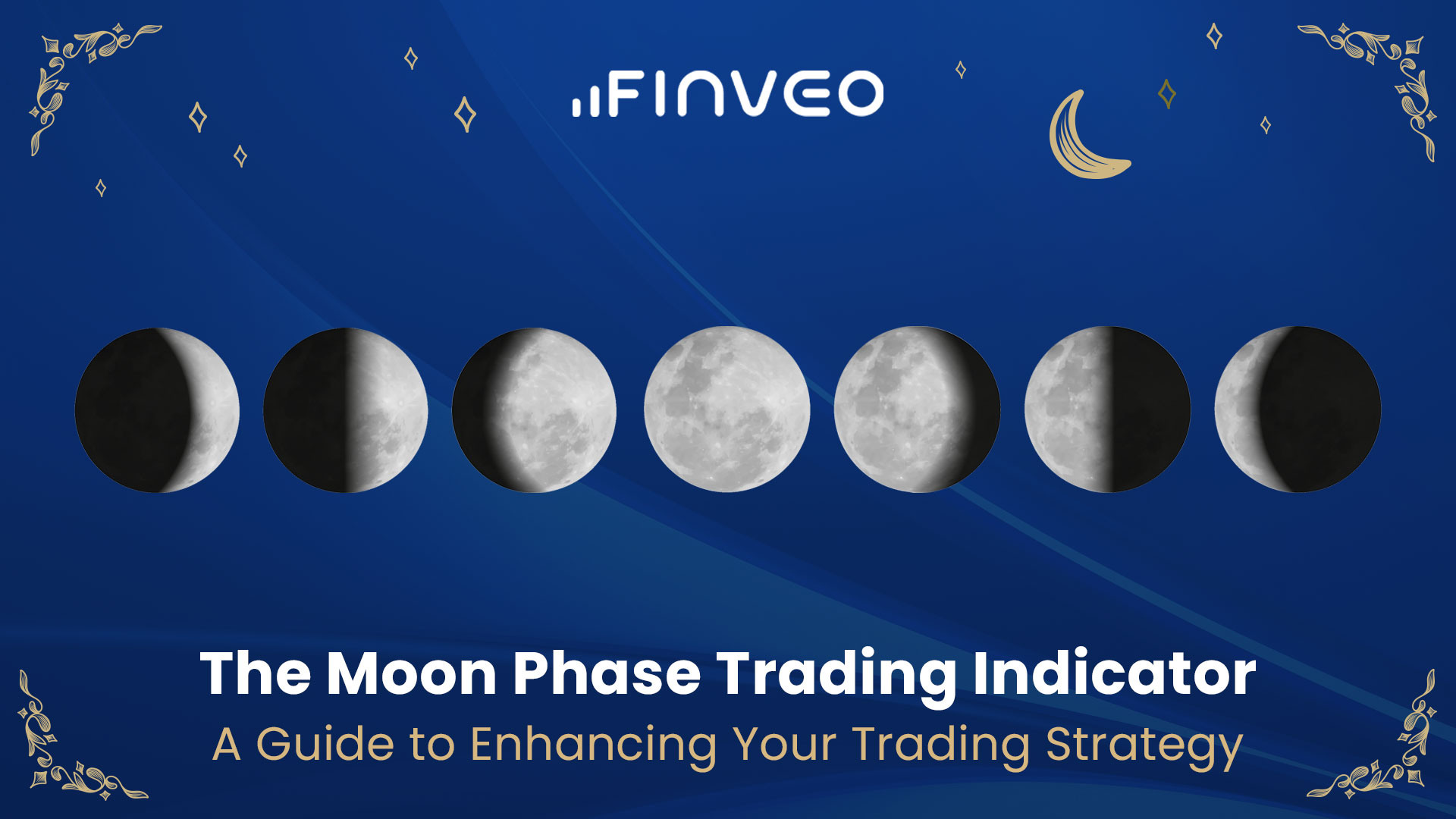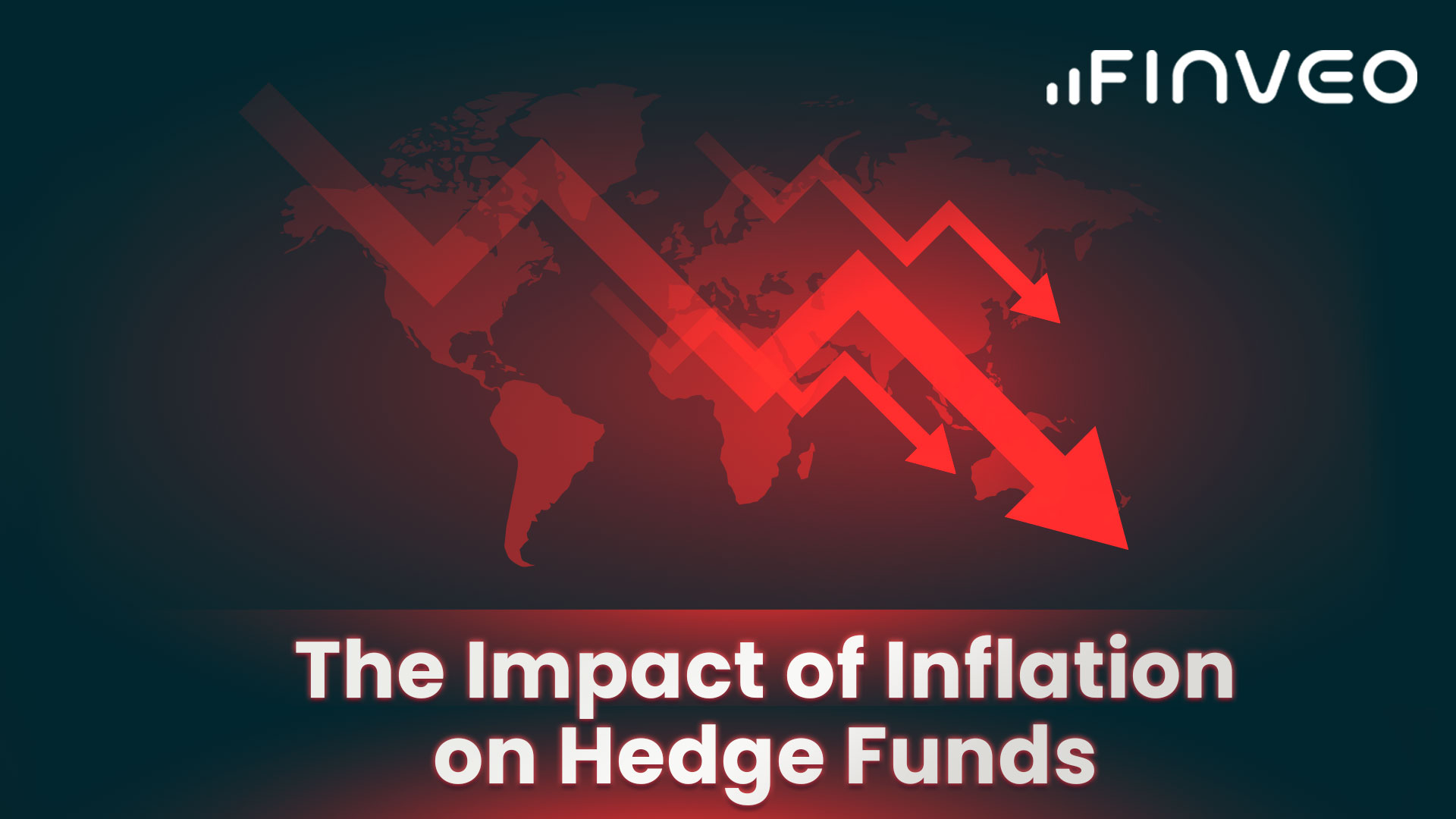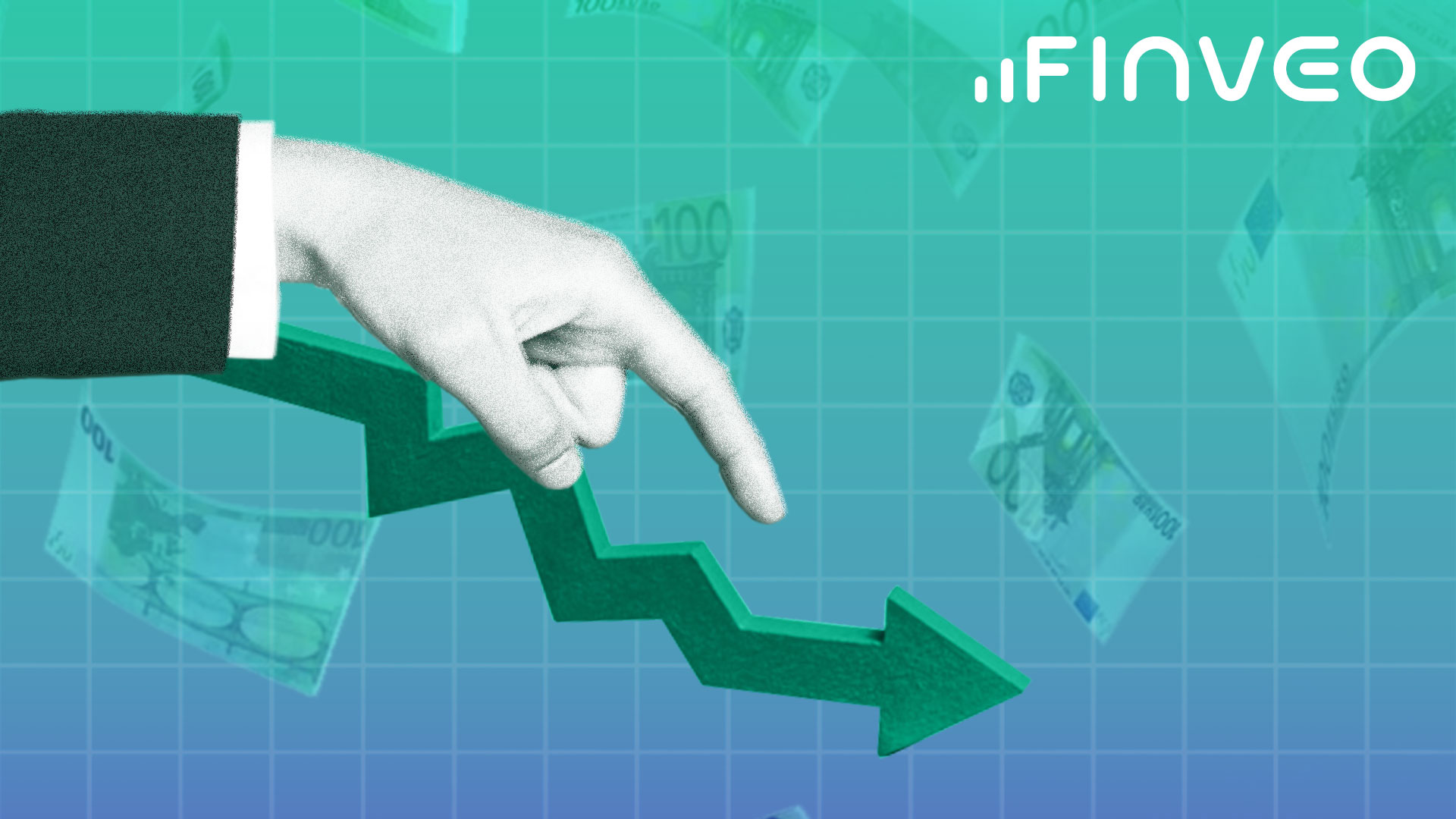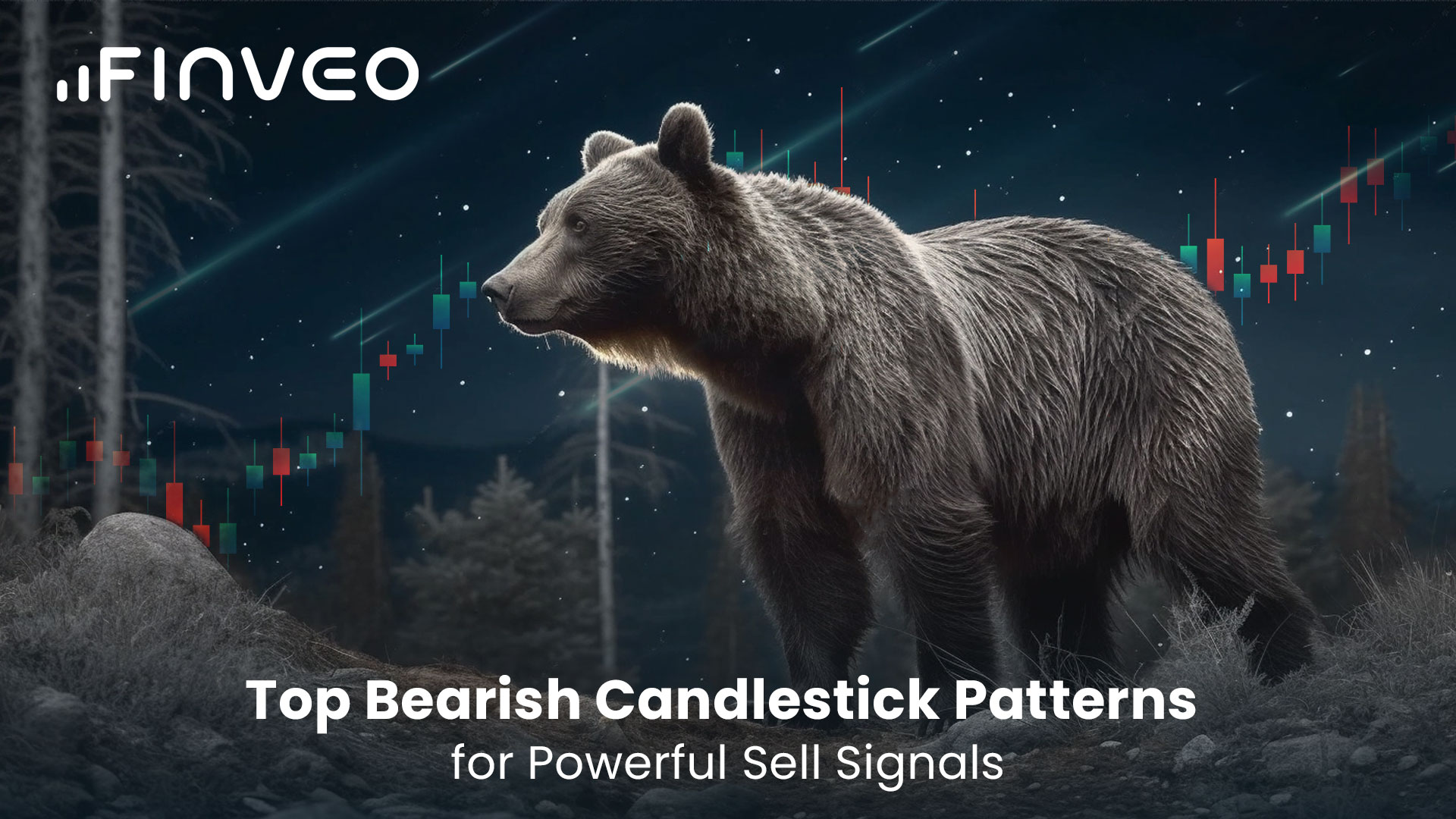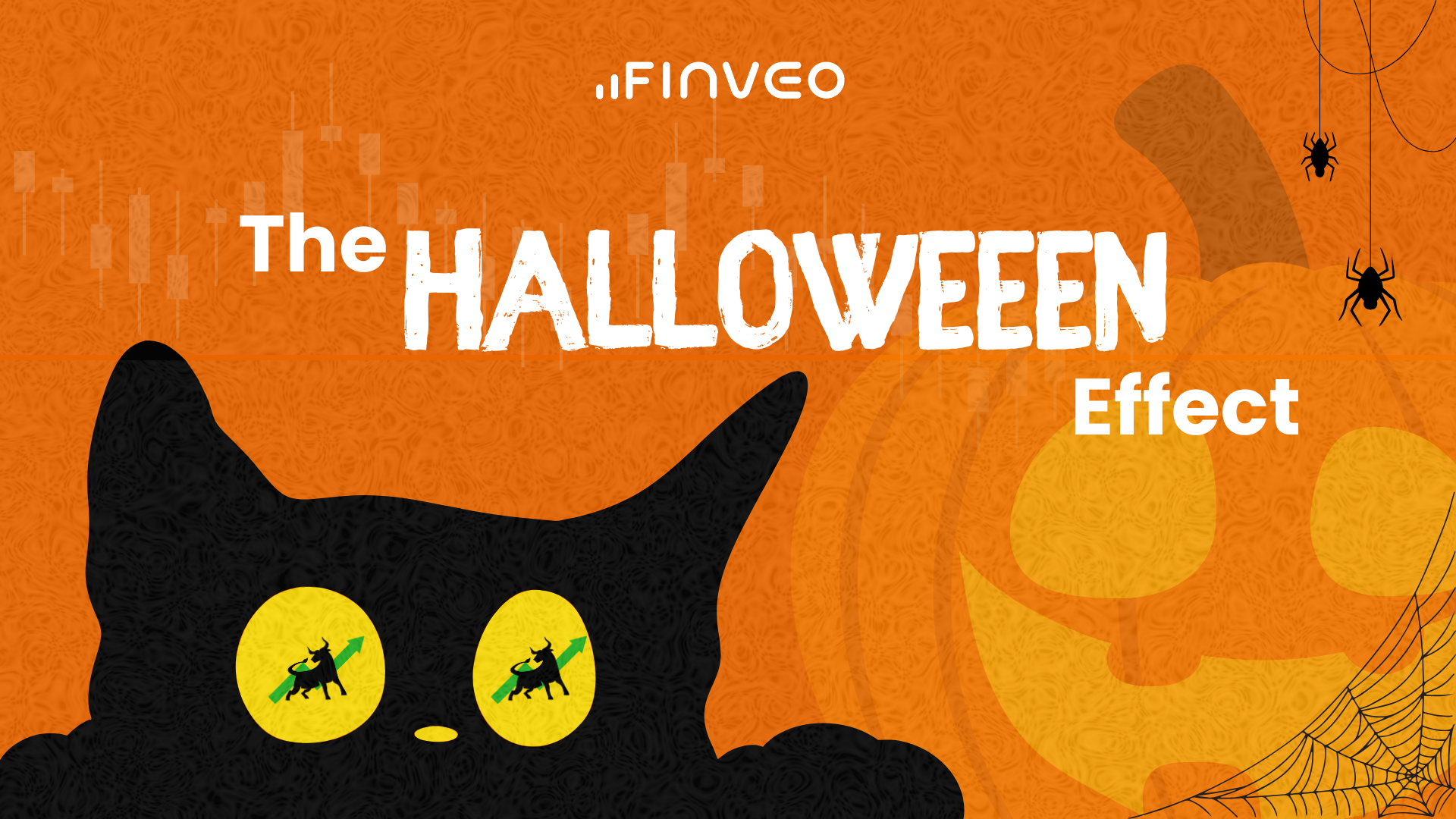The Impact of Inflation on Hedge Funds: How Big Hedge Funds Trade Sticky Inflation
Inflation poses a constant threat to hedge funds, as a significant rise in inflation can erode the value of a hedge fund's investments. It is not just stocks that are affected by rising prices, but interest rates as well. Listed hedge funds invest in a combination of bonds and derivatives like futures or options contracts, exposing them to inflation risk. They must also be aware of other factors that could pressure their performance, such as a sharp increase in essential inputs like wages or administrative expenses, which can have a significant impact on the underlying investment strategies of the firm over time. This article explores how different types of hedge funds would trade sticky inflation based on their investment strategy and risk profile.
Fixed-Income Funds:
In a fixed-income fund, the manager will have a specific strategy for investing in various types of government or corporate bonds. They may also have other investment strategies, including cash, equity, or hybrid strategies. A rise in inflation would negatively impact fixed-income funds since the value of their bond investments would decrease in real terms. Inflation affects the purchasing power of every currency by reducing its value. For instance, a $1,000 bond purchased in 1990 would be worth $870 in 2014. If inflation rises during this period, the value of the bond would decrease to $859 because it costs $870 to purchase $1,000 of goods and services.
Tactical Trading Hedge Funds:
Tactical trading involves trading the short side of asset-backed securities, derivatives, and stocks with specific short positions. The idea is to make money at the expense of the fund's investors by exploiting small price movements during the trading day. A rise in inflation would also negatively affect these funds since they also invest in long positions in asset-backed securities like mortgage-backed bonds. When inflation rises, these securities lose value as their cost of production increases. The cost of risk capital rises with inflation, making it more challenging for hedge funds using these assets to make money.
Fundamental Investing Hedge Funds:
In fundamental investing, the hedge fund manager invests in stocks based on their intrinsic value or the amount of profits they will generate. They may also invest in equity funds or funds that invest in other hedge fund managers. A rise in inflation would only have a minor impact on the value of stocks. However, it could increase the cost of risk for hedge funds, making it difficult for some hedge funds to generate profits.
Arbitrage Fund:
Arbitrage involves investing in securities that have an underlying risk difference between two markets. For example, a hedge fund may invest in a call option on a stock and buy an out-of-the-money call option on the same stock. If inflation rises, the premium component of this option would also increase. This would increase the premium of the call option on the underlying stock, protecting a hedge fund's investment in the stock, and increase the return of the arbitrage fund.
Conclusion:
Inflation is a constant threat to hedge funds, and a significant rise in inflation can erode the value of a hedge fund's investments. Interest rates also inflate when inflation rises, further adding to inflation risk. Listed hedge funds invest in a combination of bonds and derivatives, exposing them to this risk. They must also be aware of other factors that could pressure their performance, such as a sharp increase in essential inputs like wages or administrative expenses. The type of hedge fund determines how it trades sticky inflation, with fixed-income funds and tactical trading hedge funds being the most affected. Fundamental investing and arbitrage funds are less impacted, making them better equipped to manage inflation risk.
